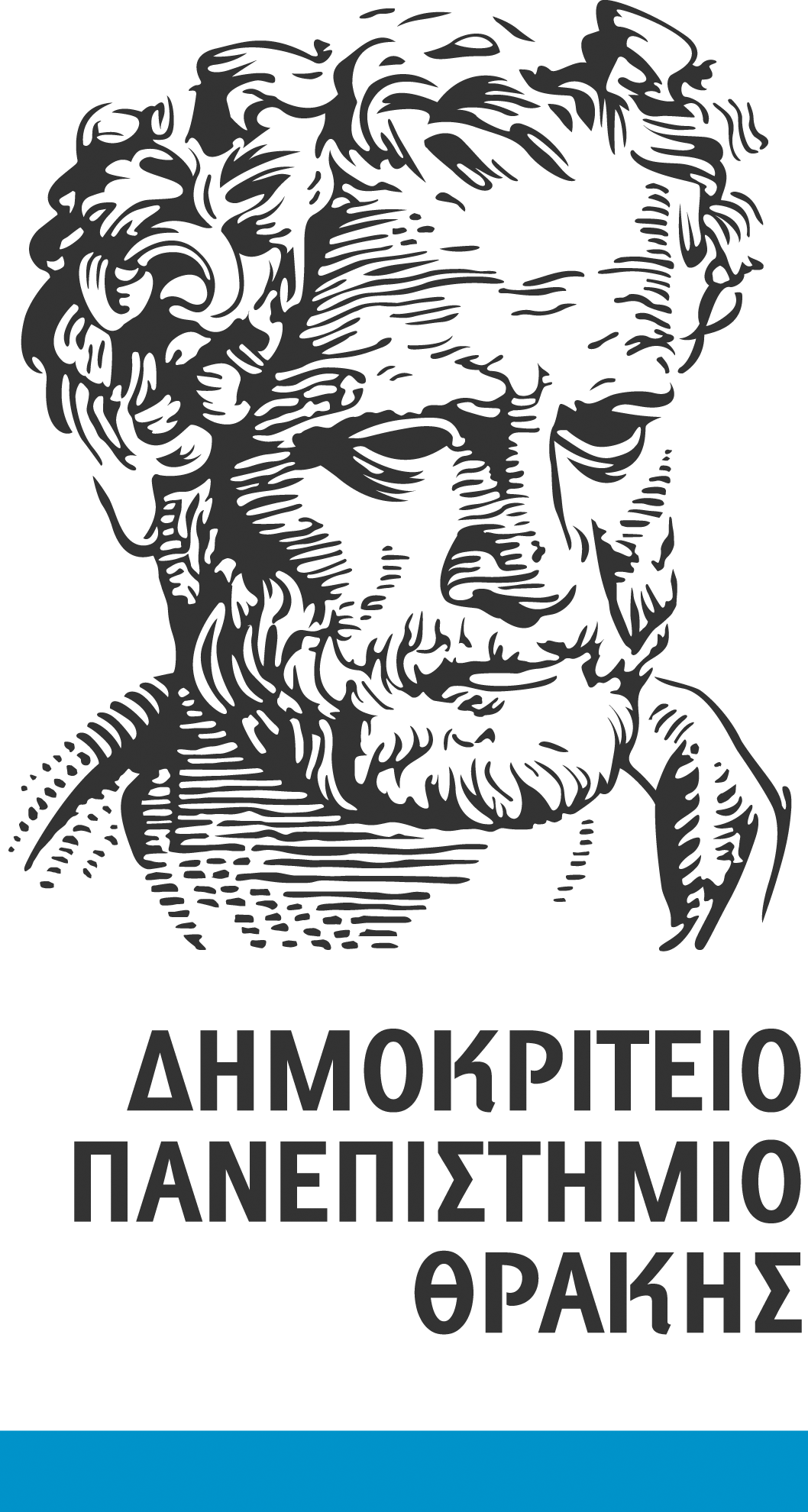ACADIMIA-The structure of lifelong learning in the region of Eastern Macedonia and Thrace, an innovative and pioneering work, started in 2015 from Evros (regional unit), and since 2016 is implemented through the Region. The aim of this organization is the lifelong learning and education of citizens, but also the interconnection of the university community with society, in cooperation with the faculties of the Democritus University of Thrace and the Eastern Macedonia and Thrace Institute of Technology.
The structure takes place at the same time in six cities of the region of Eastern Macedonia and Thrace: Orestiada, Alexandroupolis, Komotini, Xanthi, Kavala, and Drama.
The program is provided for free from professors of faculties of Democritus University of Thrace and the Technological Educational Institute. The professors voluntarily share their knowledge with citizens about various and specialized subjects and themes, in a simple and comprehensible manner. The themes are related to health, civic education, agriculture, environment and forestry, literary, economy, technology, and more.
All citizens over the age of 18 have the right to participate. The selection process is illustrated with order of priority. Subscriptions are made electronically.
In the first period of implementation of the structure in Evros, 2015-2016, developed in Alexandroupoli and Orestiada, 300 people attended the lectures of 60 professors in 3 modules.
In 2016 and 2017 the structure developed in the 6 aforementioned cities and 450 people attended the lectures of 100 professors in 7 thematic sections.
In 2017-2018, the structure was developed in the 6 aforementioned cities of our region and 500 citizens attended the lectures of 130 professors in 9 thematic sections.
In 2018-2019, ACADIMIA is being developed in the 6 aforementioned cities of our region and 450 citizens are attending the lectures of 100 professors in 8 thematic sections.
The participants who complete the required limit of instances, in other words, they have attended the 60% of the lectures, receive a certificate of attendance, and at the end of the lectures the participants people and the professors can evaluate the program.


